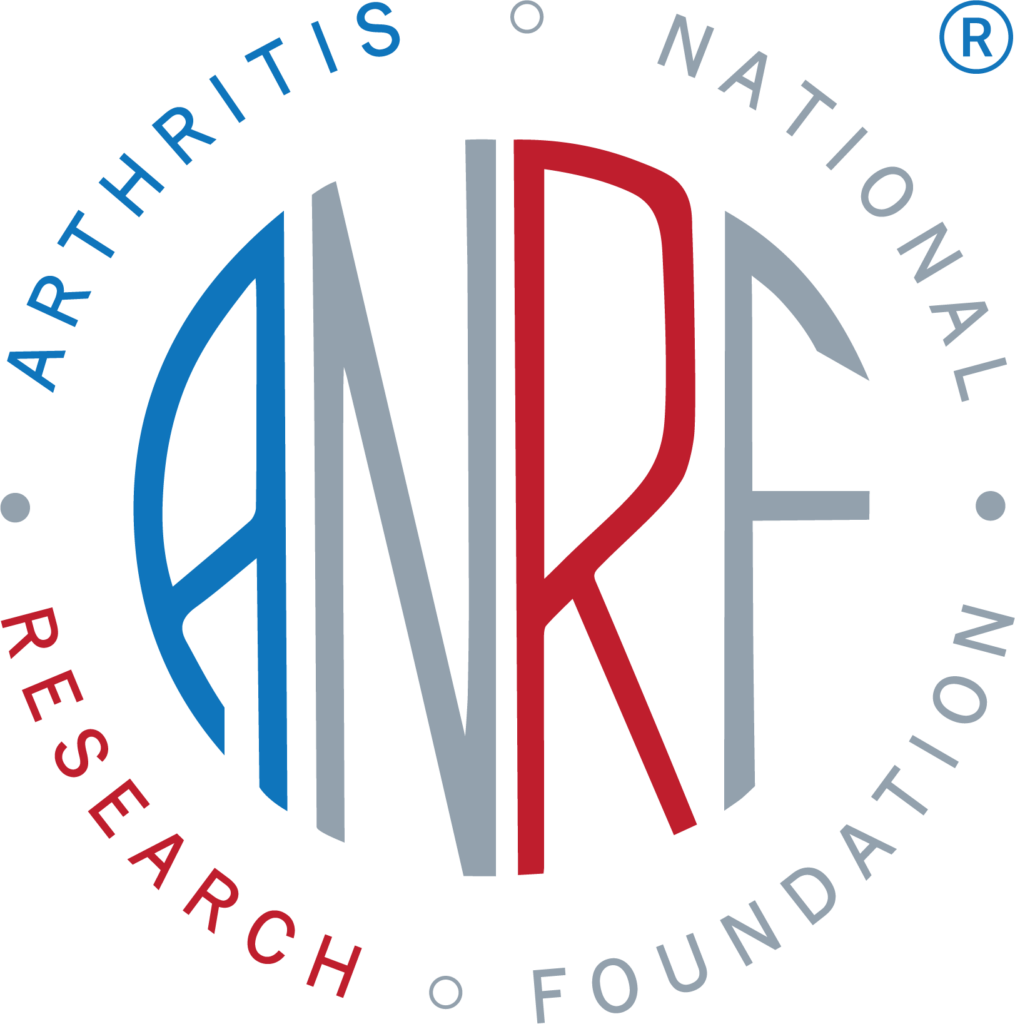Biography
I am a principal investigator at Yale School of Medicine, where I lead a human immunology research laboratory. I am also a board-certified Transfusion Medicine physician; in my clinical role, I help oversee apheresis procedures (including leukapheresis for cellular therapies for cancer patients and plasmapheresis for patients with autoimmune diseases) as well as complicated blood transfusion needs (e.g. in the setting of red blood cell alloimmunization).
Major goals of my research laboratory include: developing novel technologies to identify T cell epitopes by systematically testing thousands of encoded peptides; identifying auto- and allo-immune epitopes in the settings of common diseases and in the setting of immune-related adverse events (irAEs) to checkpoint blockade immunotherapy; and identifying epitopes targeted by tumor-infiltrating T cells to develop novel T cell receptor-based immunotherapies. A central mission of our projects includes mentorship of all levels of trainees.
Research Summary:
Systemic sclerosis (scleroderma) is an autoimmune disease that involves hardening/tightening of the skin, as well as the buildup of scar-like tissue in internal organs, leading to disability and premature death. Scleroderma has no known cure. Thus, the development of new treatments for scleroderma patients remains a critical medical need. However, the cause of scleroderma remains incompletely understood. A more complete understanding of the cause of scleroderma will inform the design of new therapies. Genetic studies of scleroderma patients have identified variations in genes involved in activating a certain type of immune cell called a T cell. These studies support a long-standing idea that T cells attack patients’ tissues and organs, leading to the development of the disease. However, exactly how these T cells become activated remains unknown.
We recently developed a strategy to identify proteins that activate T cells. We propose using this strategy to systematically test human proteins for their ability to activate T cells found in scleroderma patient tissue and blood samples. We believe that successful completion of this project will provide a clearer understanding of the cause of scleroderma, and will illuminate a path towards treating scleroderma by blocking activation of disease-causing T cells.






